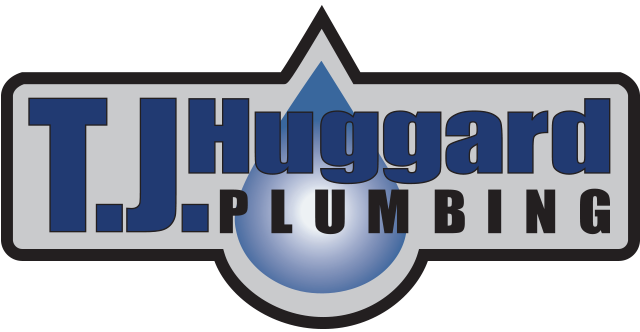Do you find yourself turning on the water in the shower and walking away for a minute to let it heat up? Maybe you wait about 30 seconds or even a few minutes, crossing your fingers your shower will get warm enough in time for you to hop in and start your day on a relaxing note. Waiting for your shower to heat up is an incredibly common routine many people settle for each day. But turning on your shower and waiting for it to heat up is not only a nuisance but a waste of water and money. So, why do so many homeowners decide to ignore the waste and stick to the same routine? Well, often some homeowners believe if their water is taking longer to heat up, then they are due for a new water heater installation – which isn’t always the cheapest.
The reason the water in your shower takes so long to heat up is because of a few different possibilities. Here are 4 common reasons your showers take so long to heat up:
- Distance Between Fixture and Water Heater: The water which heats your shower comes from your home’s water heater. Depending on where the water heater is located in relation to your shower, the piping can be lengthy. The piping runs from the water heater, into the walls of your home, then through the ceiling or floor, and into the shower. Depending on the layout of your home, some water can travel as far as 100 feet giving it plenty of time to keep you waiting. The lengthier the pipes, the longer it will take for water to reach your shower resulting in wasted water and money down the drain.
- Showerhead Flow Limitations: Depending on the showerhead you own; the flow rate volume restrictor might be the culprit in this cold case. The flow rate in a showerhead limits how much water can be released. If yours is one with low pressure (or low volume), the delivery of water can be delayed resulting in the water being cold and a longer wait to start your day with a hot shower.
- Water Heater Maintenance: If your water heater has not received proper maintenance in a long time, there is a chance your system is causing your shower to heat up slowly or not at all. The life expectancy of a water heater is about 10 years and without good maintenance, you are sure to see your water heater struggle to run efficiently. Give a call to our local team of plumbing professionals who can diagnose and repair the problem. Our technicians will be able to tell if you need a repair or if it is time for an upgrade.
- Sediment Buildup: Sediment can build up inside of the pipes between your water heater and your shower with minerals such as magnesium and calcium. These minerals are common in water, but in some cases, they can be a hazard to your water heater pipes. Over time, the sediment in your system can crust over and block the transfer of heat into the water. This results in leaving little space for your heater to retain water. In other words, once the sediment replaces the space of water, your system will run out of hot water much quicker.
If you have checked how long it takes for your shower to heat up and believe you are due for a professional plumbing service to help you out, T.J. Huggard Plumbing can get your water heater repaired in no time! We would be happy to come out for water heater maintenance as well and help you decide what next steps are best.



